Step-by-Step Guide: How to Start a Blog with the Best Blogging Platforms for Success
Step-by-Step Guide: How to Start a Blog with the Best Blogging Platforms for Success
Introduction to How to Start a Blog
Starting a blog might seem daunting, but it’s an exciting journey that opens up numerous opportunities. Whether you want to share your thoughts, build a following, or make money, blogging is a fantastic way to achieve these goals. In this guide, we’ll walk you through the process of how to start a blog, covering everything from choosing the best blogging platforms to essential tools and SEO tips.
Blogging has become an essential part of the digital landscape. It allows individuals and businesses to connect with audiences, share their expertise, and rank high in search engines. If you’re ready to dive into the world of blogging, this comprehensive guide is perfect for you.
Here’s a sneak peek at what we’ll cover:
- Choosing your blog niche
- Picking the best blogging platforms
- Setting up your blog
- Writing and optimizing your content
- Promoting and monetizing your blog
Let’s get started!
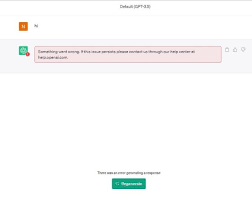
Step 1: Pick Your Blog Niche
The first step in starting a blog is deciding what you’ll write about. Your blog niche should reflect your interests, expertise, and the needs of your target audience. A well-chosen niche helps you attract a dedicated readership and establish authority in a specific area.
Here are some tips to help you choose the right niche:
- Pick a niche you’re passionate about – Writing regularly will be easier and more enjoyable.
- Research your audience – Ensure there’s a market for your chosen topic.
- Look for gaps in the market – Find unique angles or unexplored topics within your niche.
- Consider profitability – Some niches are easier to monetize than others.
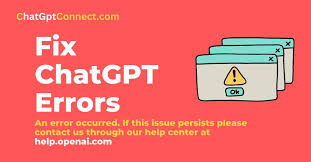
Step 2: Choose the Best Blogging Platforms
Once you’ve picked your niche, the next step is selecting a blogging platform. The right platform is crucial for your blog’s success, as it affects everything from design options to SEO capabilities.
Top Blogging Platforms
- WordPress: Highly customizable, SEO-friendly, and supports numerous plugins.
- Wix: User-friendly with drag-and-drop features, ideal for beginners.
- Squarespace: Sleek design templates and excellent customer support.
- Blogger: Simple to use, integrates well with Google products.
Each platform has its pros and cons. If you’re serious about blogging, we recommend WordPress for its flexibility and extensive community support.
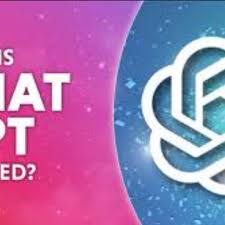
Step 3: Set Up Your Blog
Now that you’ve chosen a platform, it’s time to set up your blog. This involves registering a domain name, choosing a web host, and customizing your blog’s design.
Register a Domain Name
Your domain name is your blog’s address on the internet. It should be easy to remember and relate to your niche. Use domain registrars like GoDaddy or Namecheap to secure your domain.
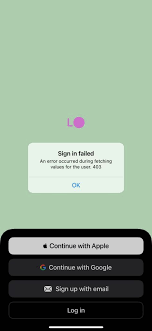
Choose a Web Host
A web host stores your blog’s files and makes them accessible to users. Some popular hosting providers include Bluehost, SiteGround, and HostGator. Look for a host that offers reliable uptime, good customer service, and scalability options.
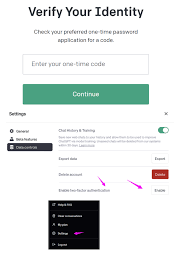
Customize Your Blog
Most blogging platforms offer themes and templates to customize your blog. Choose a theme that aligns with your niche and provides a good user experience. Install essential plugins to enhance your blog’s functionality, such as Yoast SEO for WordPress.
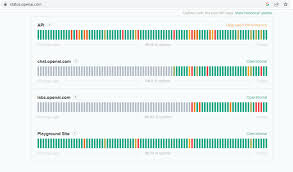
Step 4: Write and Optimize Your Content
Creating high-quality content is the heart of blogging. Your content should provide value to your readers, be well-researched, and tailored to your audience’s needs. Here are some tips for writing compelling blog posts:
- Use catchy headlines – Grab the reader’s attention.
- Keep paragraphs short – Improve readability.
- Include visuals – Enhance engagement with images, infographics, and videos.
- Optimize for SEO – Use keywords, meta descriptions, and header tags to improve search engine visibility.
- Engage with your audience – Ask questions, encourage comments, and respond to readers.

Step 5: Promote and Monetize Your Blog
Once you have content, it’s time to promote your blog and start monetizing. Effective promotion increases your blog’s visibility and attracts more readers.
Promotion Strategies
- Social Media – Share your posts on platforms like Facebook, Twitter, and Instagram.
- Email Marketing – Build an email list and send newsletters with your latest content.
- Guest Posting – Write for other blogs to reach a wider audience.
- SEO – Optimize your posts to rank higher in search engine results.
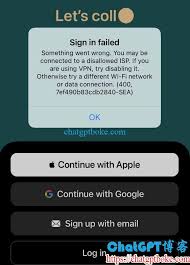
Monetization Methods
- Affiliate Marketing – Promote products and earn commissions on sales made through your links.
- Sponsored Posts – Partner with brands to create content for a fee.
- Advertising – Display ads on your blog using services like Google AdSense.
- Digital Products – Sell eBooks, online courses, or other digital goods.

Tips for Beginner Bloggers
Starting a blog can be overwhelming, but these tips will help you stay on track:
3 Practical Tips for New Bloggers
- Consistency is key: Stick to a regular publishing schedule to keep your audience engaged.
- Engage with your readers: Respond to comments and create a community around your blog.
- Continuously learn: Stay updated with blogging trends and SEO practices.
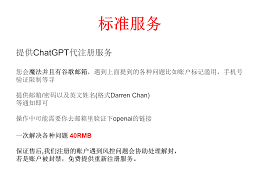
Frequently Asked Questions about Blogging
Here are some common questions that new bloggers often ask:
1. How much does it cost to start a blog?
The cost can vary depending on the platform and tools you choose. Basic costs include domain registration ($10-$15/year) and web hosting ($3-$10/month). Additional costs might include premium themes, plugins, and marketing tools.
2. How often should I post new content?
Consistency is more important than frequency. Aim to publish new posts at least once a week and stick to a regular schedule. This keeps your audience engaged and helps with SEO.
3. Can I make money from blogging?
Yes, many bloggers earn money through affiliate marketing, sponsored posts, advertising, and selling digital products. Monetizing a blog takes time and effort, so focus on building a loyal readership first.
4. What is the best platform for blogging?
WordPress is widely recommended for its flexibility, extensive support community, and SEO capabilities. However, platforms like Wix, Squarespace, and Blogger are also good options depending on your specific needs and technical expertise.
5. Do I need to know how to code to start a blog?
No, most blogging platforms like WordPress and Wix offer user-friendly interfaces that don’t require coding skills. However, learning basic HTML and CSS can be helpful for further customization.

Conclusion: Why You Should Start a Blog Today
Starting a blog is a rewarding experience that allows you to share your passion, connect with like-minded individuals, and even make a living. From choosing the right niche and platform to writing engaging content and promoting your blog, each step is crucial for your success.
Remember, the key to successful blogging is consistency, quality content, and engagement with your audience. Don’t be afraid to experiment and learn along the way. The digital world awaits your unique voice!
Are you ready to start your blogging journey? Take the first step today and watch your blog grow into something amazing.